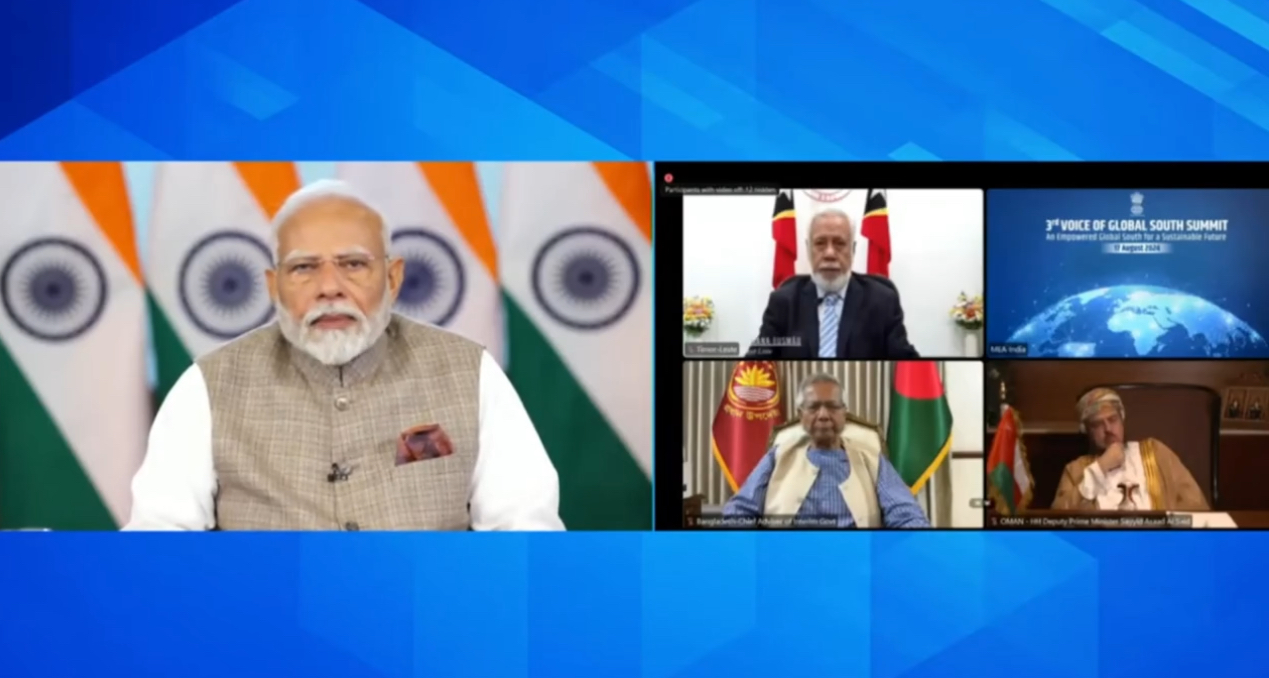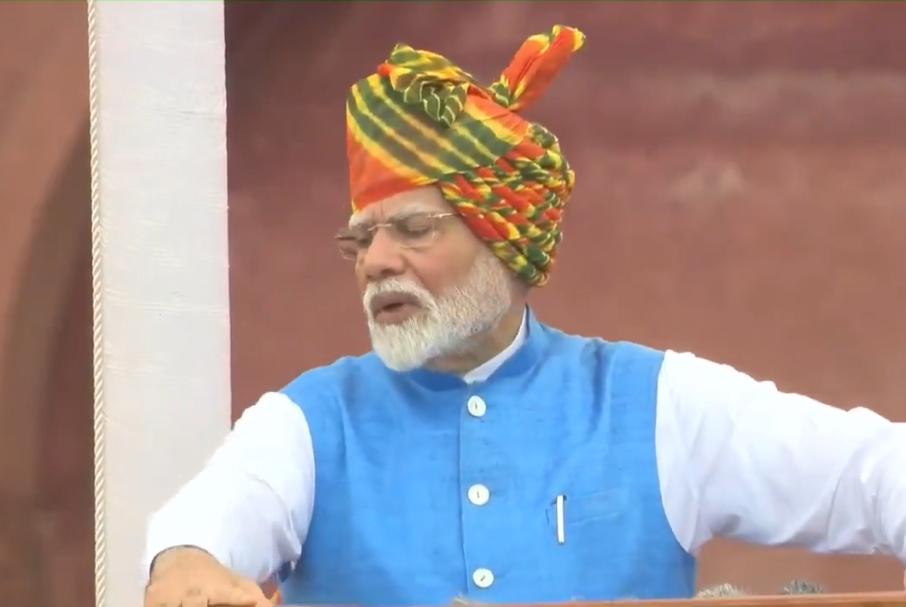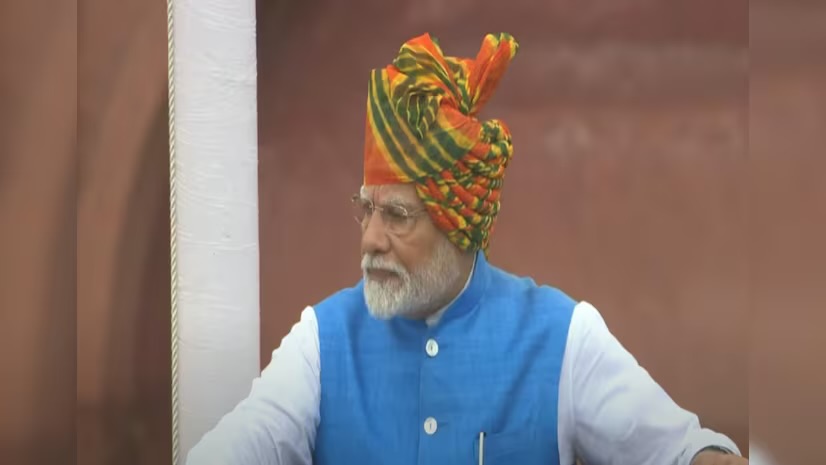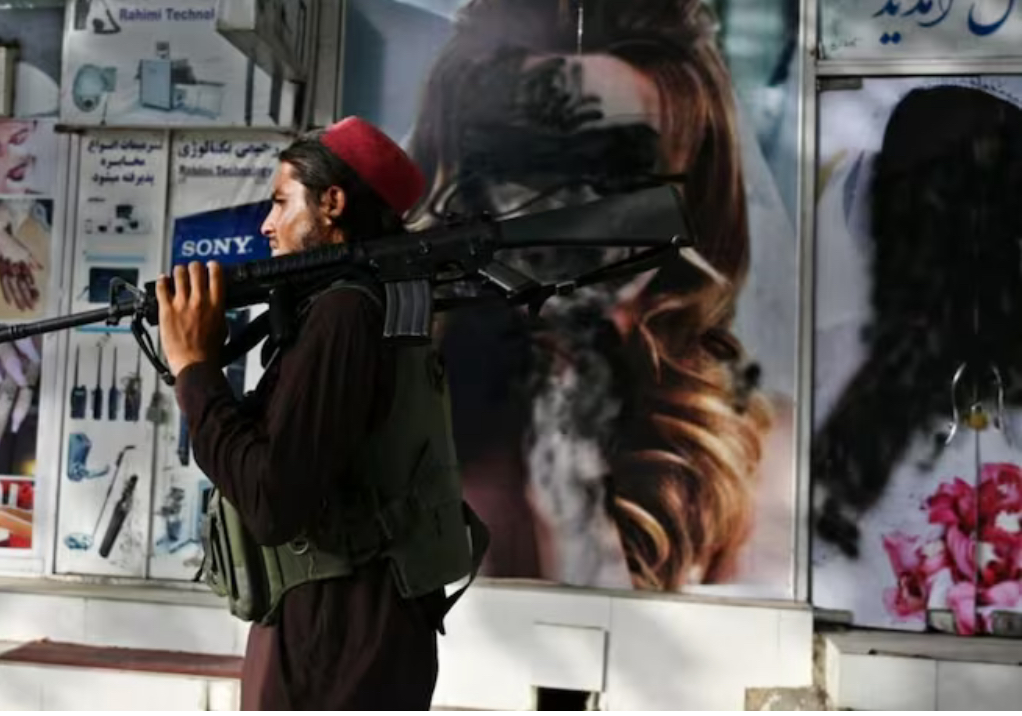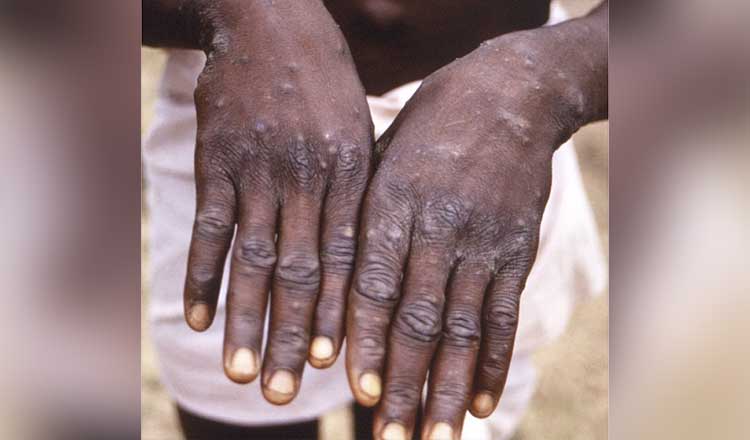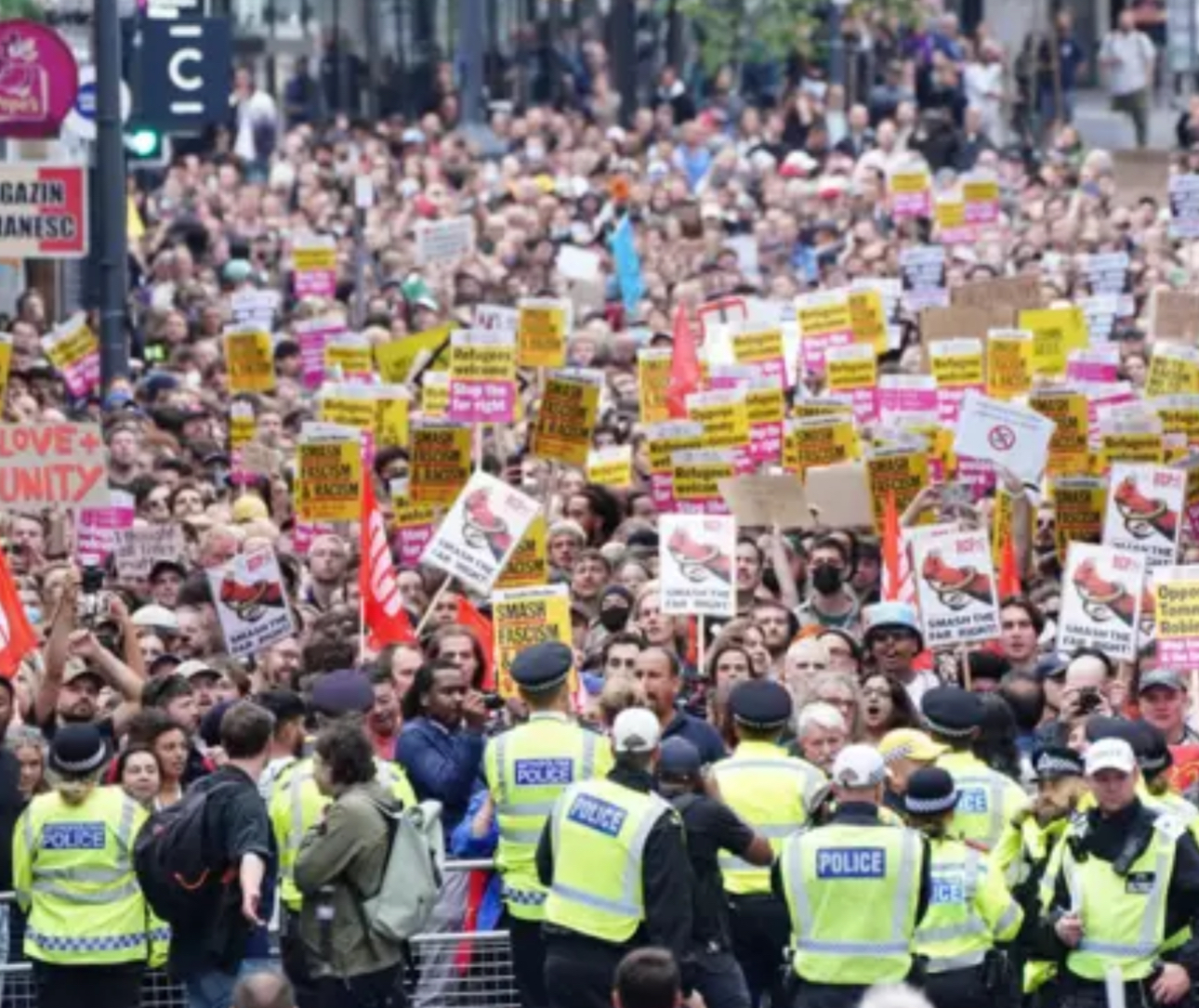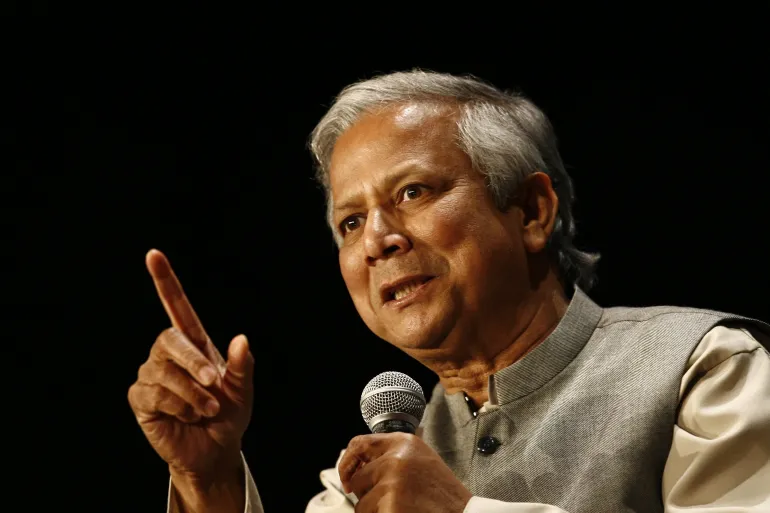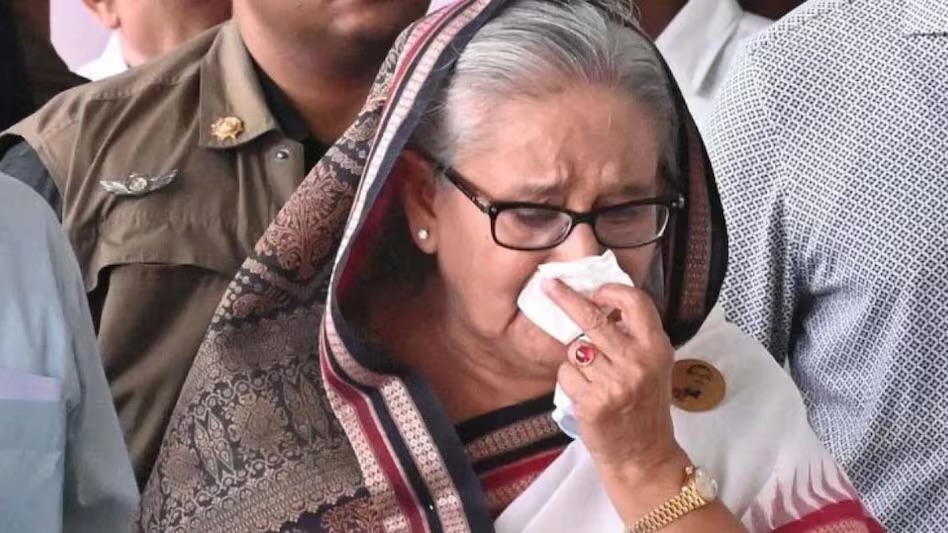By Dan Baumgardt, Senior Lecturer, School of Physiology, Pharmacology and Neuroscience, University of Bristol
In my youth, I remember several people I knew tried a popular diet based around liquid meal replacements. One delicious, nutritious milkshake for breakfast, one for lunch – and by tea time, they were ready to chew off their own arm with hunger.
Well, those plans might make a comeback. A recent study examined the effect of the NHS soup and shake diet on weight loss and its capacity to reverse type 2 diabetes. For a disease affecting 4.3 million people in the UK, the potential to reverse type 2 diabetes through diet alone could be exciting news indeed.
So, what does the research tell us?
The problem
Diabetes mellitus is a condition where blood glucose (sugar) levels rise higher than normal. Excess sugar is lost through urine, drawing water with it, so symptoms include tiredness, increased urination and thirst.
We want to ensure the knowledge of scientists reaches millions. Join us.
There are many different types of diabetes, varying in their causes and treatment. However, of all the patients diagnosed with diabetes, more than 90% are type 2. The condition is caused by problems with insulin, a hormone produced by the pancreas.
In type 1 diabetes, insulin levels fall because the body attacks the pancreas. But in type 2 diabetes the cause is either diminished insulin levels or decreased sensitivity to its effects. This is often as a result of obesity and increased body fat percentage, and is associated with high blood pressure, a family history of diabetes and certain ethnicities – people from black African, African Caribbean and south Asian backgrounds are at greater risk of developing type 2 diabetes from a younger age.
Diabetes may be a common condition, but it is certainly not a trivial illness. If blood sugar levels are not treated properly, rising glucose can lead to blood vessel damage, impacting many different organs like the eyes, kidney and heart. It can also lead to severe complications like kidney failure and blindness.
As well as recognising the symptoms of type 2 diabetes, a blood test can be used to diagnose it. This is called glycated haemoglobin – often abbreviated to HbA1c – a value of 48 (or 6.5%) or above indicates diabetes.
Treating type 2 diabetes
Luckily, much can be done to manage and treat diabetes these days, including insulin therapy. Type 1 diabetes always requires insulin treatment, injecting doses under the skin. Type 2 diabetes can be managed differently. There are many different oral and injectable medicines available to help increase the body’s production of, and sensitivity to, insulin.
However a reasonable first step is to trial lifestyle modifications, especially weight loss. Losing weight increases insulin sensitivity, and in some cases, patients can reduce their HbA1c levels back below the value of 48 used to diagnose diabetes. In effect, they can reverse the diagnosis.
But which diets are most effective? Some very low calorie diets, including the 5:2 and Fast 800 plans, which both involve calorie restriction and periods of fasting, have been promoted for rapid weight loss.
Shake it off
Part of the difficulty in maintaining such extreme calorie restriction may lie in food choice and portion control. There is a challenge in eating enough of the correct foods to consume enough nutrients and remain full enough to avoid straying from the diet.
The soup and shake diet is an example of total diet replacement, where typical foodstuffs are replaced with easily consumable semiliquids, designed to include the correct balance of nutrients, but restrict energy (calories).
Total diet replacement plans remove the element of choice for patients, making a diet easier to follow and increasing the chance that patients will stick with it.
The NHS soup and shake diet involves following a calorie restricted diet (800-900 kcal) of low calorie, nutritionally complete, total diet replacement products – made up, as the name suggests, of soups, shakes and bars – before reintroducing other foods, bridging progression onto a healthy maintenance diet, supported by coaches for 12 months.
Research on the effectiveness of the diet to manage diabetes initially began with promising results from randomised control trials. The diet was then rolled out to larger scale trials in clinical practice, implemented via the NHS.
The results confirmed that total diet replacement plans can induce weight loss as well as a decrease in HbA1c. In some patients this was enough to induce diabetes remission. Great news indeed.
However, this is only one piece in a more complicated jigsaw puzzle. Not everyone who follows the plan will be able to reverse their diabetes. For example, even though the soup and shake diet restricts patient food choice as well as calories, sticking to a liquid only plan can still be difficult for some.
Psychological issues with food, such as emotional eating, aren’t necessarily fully addressed by the programme, so – even for those who’ve followed the plan successfully – once the 12 months have finished, if the patient returns to their usual eating habits then they’ll regain weight and the diabetes could return.
Extreme diet restrictions are unsuitable for some patients. For example, if using insulin, calorie restrictions may lead to hypoglycaemia, where blood sugar levels fall too low. Other unsuitable patient groups include pregnant or breastfeeding women, children and teenagers, and patients with eating disorders. Patients with chronic diseases – those which impair immunity or bone health, for instance – should consult medical advice before embarking on any diet.
So, while the results of the study are promising for some patients, more work needs to be done to ensure weight loss is maintained post-plan. ( From : The Conversation)







